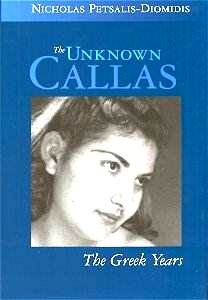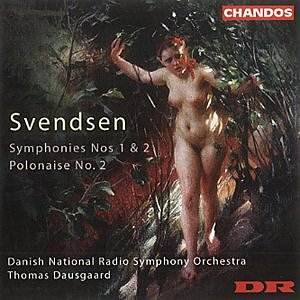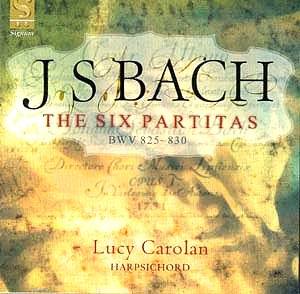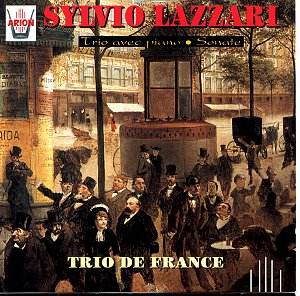 Composer: Edward Elgar
Composer: Edward Elgar
Works: Enigma Variations
Performers: Czech Philharmonic Orchestra (Elgar)
Recording: House of Artists Prague, September 1972
Label: CALA CACD 0524
Composer Johannes Brahms
Works: Symphony No. 1
Performers: London Symphony Orchestra (Brahms)
Recording: Royal Albert Hall, June 1972
Label: CALA CACD 0524
The late Leopold Stokowski’s interpretative prowess is magnificently encapsulated in this reissue, which presents two of the most beloved orchestral works in the canon: Elgar’s “Enigma Variations” and Brahms’ First Symphony. Stokowski, a conductor synonymous with lush orchestral sound and dramatic flair, brings a unique interpretative lens to these pieces, each rooted in a rich historical context that informs their execution. The “Enigma Variations,” a profound exploration of friendship and mystery, allows Elgar to weave intricate musical portraits, while Brahms’ First Symphony stands as a monumental achievement in the symphonic tradition, often regarded as his answer to Beethoven’s legacy.
In the “Enigma Variations,” Stokowski’s performance is marked by an extraordinary attention to detail and a palpable emotional sensitivity. The recording, made under less than ideal circumstances due to Stokowski’s accident prior to the sessions, reveals an astonishing clarity in the orchestral textures. The bass line in the initial theme resonates with a depth that is often overlooked in other recordings, while the flute timbre in the “H.D.S-P.” variation is rendered with a remarkable sheen that captures the listener’s ear. Stokowski’s interpretation of “Nimrod” is particularly noteworthy; he navigates its expansive emotional landscape with a pacing that feels both organic and purposeful. Many conductors struggle with the transitional moments of this variation, yet Stokowski achieves a seamless flow that eschews any sense of fracture. Furthermore, the “Lady Mary Lygon” variation emerges as a pinnacle of orchestral finesse, evocative yet never excessive, showcasing Stokowski’s gift for illuminating orchestral strands with delicate precision.
The Brahms First Symphony, recorded during Stokowski’s ninetieth birthday celebrations, presents a stark contrast to the reflective nature of the Elgar. Here, Stokowski dispenses with any notion of languor, instead opting for a vigorous and impassioned reading. The performance is both coherent and compelling, with Stokowski’s tempo choices lending a sense of urgency that heightens the symphonic drama. The lush string layering, particularly in the first movement, underscores Brahms’ complex harmonic language while allowing the dark, brooding horns to punctuate the texture with a portentous presence. Stokowski’s handling of the final chorale theme is particularly expressive, revealing an instinctual understanding of how to transform thematic material into a climactic moment of catharsis.
The sound quality in both recordings deserves commendation; the engineering captures the orchestral colors with a vibrancy that enhances Stokowski’s interpretative choices. The remastering process has preserved the sonic integrity of the original sessions, allowing the listener to fully appreciate the nuances of Stokowski’s direction. Compared to earlier recordings, this reissue stands out for its clarity and depth, making it an essential listen for both enthusiasts and those new to these iconic works.
This reissue of Stokowski’s Elgar and Brahms is not merely a restoration of historical performances; it is a vital document of a conductor at the zenith of his interpretative powers. Each performance, while reflecting the passage of time and the limitations of its recording conditions, resonates with a vividness that speaks to Stokowski’s enduring artistry. For those seeking an engaging exploration of these masterpieces, this recording is a remarkable opportunity to experience the grandeur of orchestral music through the lens of a true maestro.



